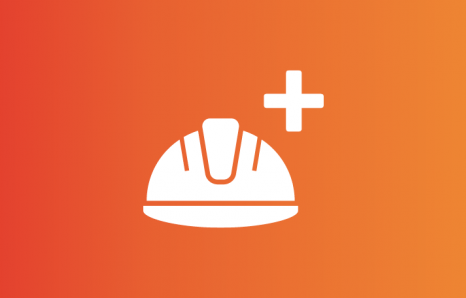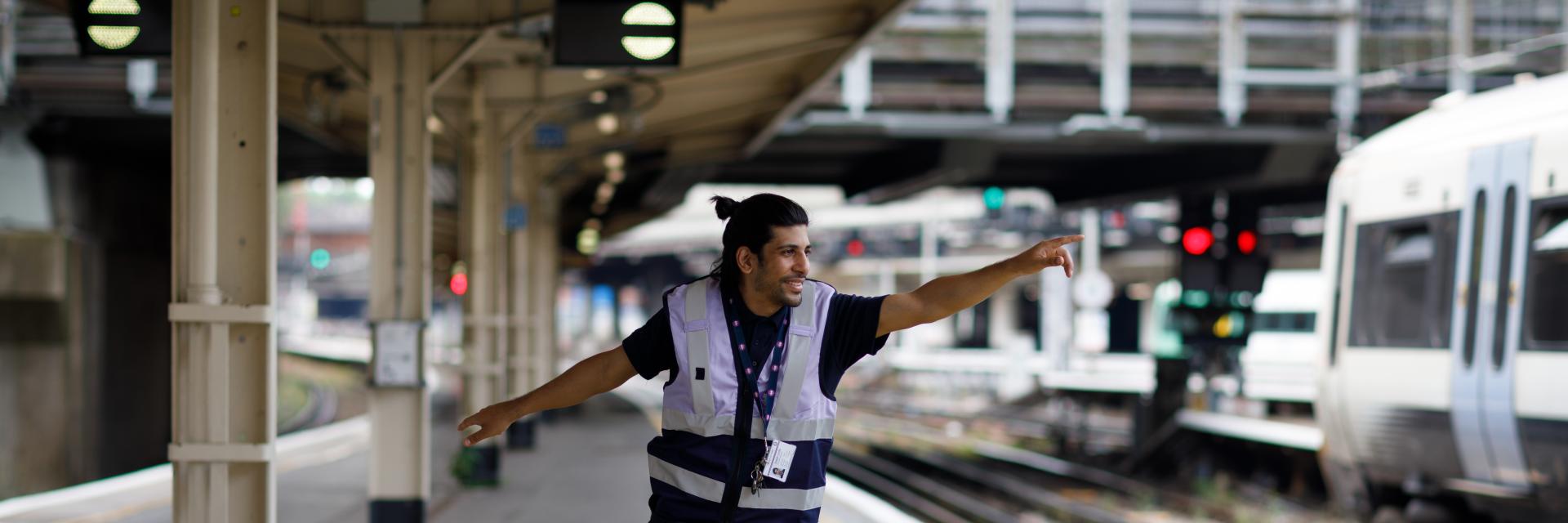Everyone should be able to do their job without someone threatening, assaulting or harming them. But on the railway’s front line, sadly, that isn’t always the case. In fact, RSSB statistics show that a staggering 94.1% of frontline staff have experienced workplace abuse. In this session, British Transport Police’s Inspector Keith Barnes describes how incidents of violence against railway staff can occur and how to de-escalate them. He also talks about how body-worn cameras can be both a deterrent and an aid to evidence-gathering once an assault has occurred.
You may also be interested in:

RWL '23 preview - Wendy McCristal and Rupert Lown
Wendy McCristal and Rupert Lown discuss the importance of good mental health, especially for those in lone working roles. They talk about the health challenges especially faced by shift workers and how they can take control of their wellbeing while working long and irregular hours.

BROS: Building relationships on site
2023's Wellbeing Hero Award winner, Vikky Goodwin, takes you through the mental health initiative she set up to help frontline employees proactively engage with mental health conversations. The scheme encourages employees to react to situations at work in the same way they would in normal life, substituting work behaviours for personal behaviours and treating colleagues how they would family and friends. Learn practical and effective strategies so you can try them in your organisation.

Dealing with the hidden killer: Improving dust controls
It may be microscopic in size, but dust can pose a big risk to our health. Hear from Steve Perkins, who aims to improve our understanding of how we can control health risks through occupational hygiene – especially the challenge of dust.
